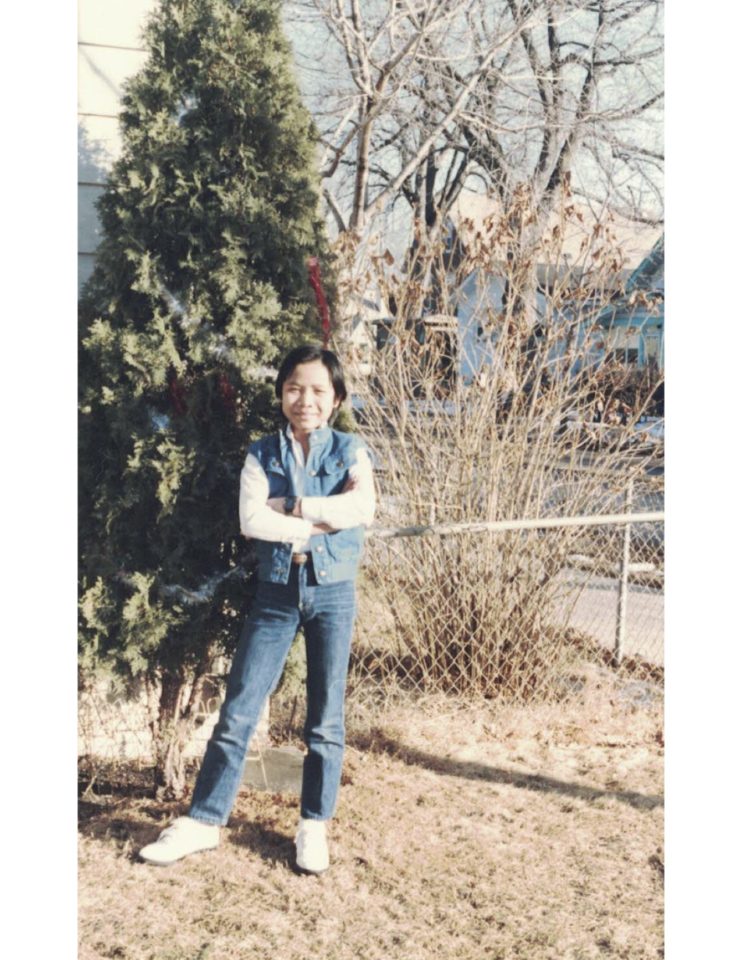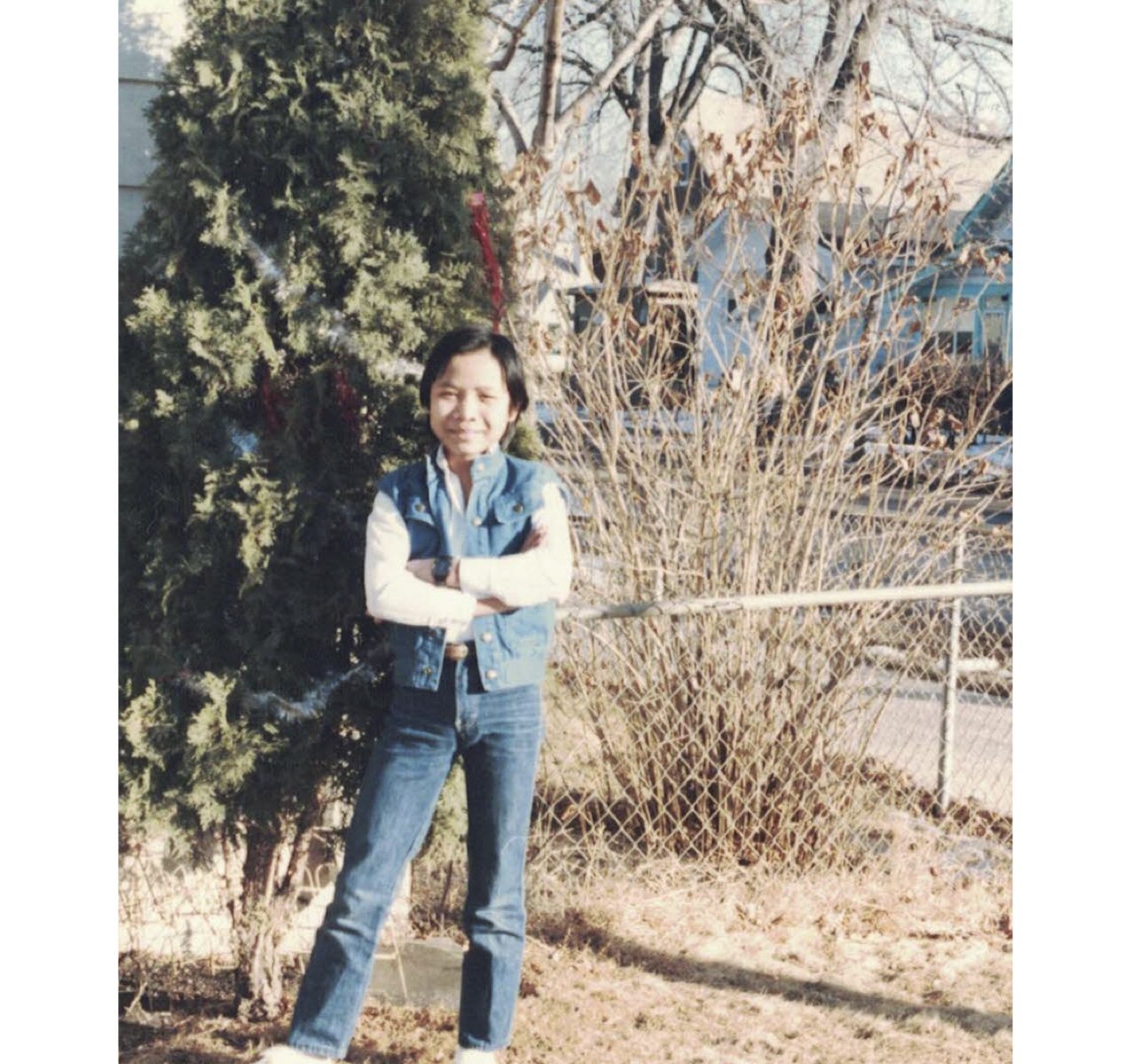Forty-three years ago on this day, Saigon, the capital of South Vietnam, fell to the communist powers, marking the end of 20 years of war. April 30, 1975, is a day that is commonly recognized by many Vietnamese Americans as Black April. For those who were exiled and forced to leave their home country, Black April is a day for remembering and commemorating the losses and sacrifices they endured. In Vietnam, it is known as Victory Day or Liberation Day. This day is celebrated as the reunification of North and South Vietnam.
This is an important day to recognize and remember because it wasn’t just the end of a war that took the lives of millions, but it stripped many Vietnamese of their homes, belongings and freedom — especially those who followed the southern government.
The Vietnam War was a battle between the northern communist regime, allied by the USSR and China, against anti-communist South Vietnam with support from the United States, South Korea and other NATO countries. The war began in 1955 and ended in 1975, with American involvement from 1963 to 1973.
The aftermath of the Vietnam War led to thousands of Vietnamese people fleeing their homeland seeking refuge from fear and loss of freedom. Vietnamese refugees, also known as “boat people,” fled on crowded boats, spending dangerous days at sea in order to reach the coasts of Thailand, Philippines, Malaysia, Singapore, Hong Kong and Indonesia. Many lives were lost at sea.
My grandfather and other family members were boat people. In 1983, my grandfather built a boat on which more than 80 people, including my father, escaped from Vietnam. They escaped to Indonesia after six days at sea, where my grandfather and father were placed in a refugee camp sponsored by the United Nations. They went through an interview process to determine where they would be placed for resettlement. Since my grandfather fought alongside U.S. soldiers in the South Vietnamese army, my family was able to come to the United States as their new home in 1985.

“It’s not an anniversary, it’s a mark of a dark day. They want to make it a day to remember so they don’t forget how bad it was and how mistreated they were,” my father, Doai Hoang said. “A lot of people died just to try to get freedom. The thing is that the younger generations don’t know that, how much sacrifice they have to go through.”
Although my father is grateful for his freedom in the U.S., he still recognizes the impacts that the war had on his family.
“The ideal (situation) is to stay within your country where there is freedom,” said my father. “That’s the ideal for every citizen, of whichever country you might be (from), is to be within your own country and speak your own language and your own tongue and have your own freedom to do whatever.”
For young Vietnamese Americans, today is a day to remember the sacrifices that generations before us have made in order to provide us a better future. We need to be willing to learn about our family’s history and recognize the impact it has on our lives.
Samantha HoangLong can be reached at hoan1058@stthomas.edu.


If you want to read about a first-hand account of April 30, 1975, from another Vietnamese who was there, check out her book on Amazon: Looking Back the Life I Lived by Bicky Vo. https://www.amazon.com/Looking-Back-Life-I-Lived-ebook/dp/B07CCKFK8G/ref=sr_1_1?ie=UTF8&qid=1525104654&sr=8-1&keywords=looking+back+the+life+i+lived